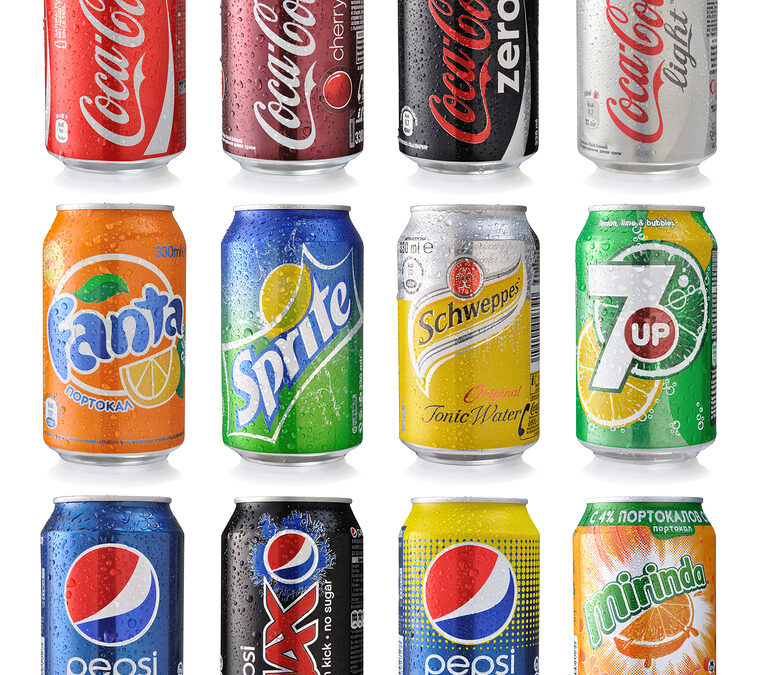Have you watched any TV lately? Driven past a billboard? Turned on your laptop, tablet or smartphone? Unless you are living off the land Survivor-style, you are almost constantly being bombarded with marketing messages from consumer products companies who sell things like soft drinks, pharmaceuticals and automobiles, and from large service providers such as stockbrokers and insurance companies. Each of those companies has spent megabucks on meticulously crafted advertising campaigns based on a central theme, or brand, that is designed to set it apart from similar products or companies. A powerful brand will connect with a subset of consumers and cause them to buy.
Does Branding Make Sense for Lawyers?
Over the past decade, as the surplus of lawyers has grown and clients have grown more cost-conscious, the law has shifted in many respects from a venerable profession to a market-driven business. In response, many marketing experts advocate the importance of branding for lawyers. The idea is to express a “unique selling proposition” and present that message consistently so that prospective clients know precisely what they are getting and how you are different from other attorneys. That way, you are viewed as something special, perhaps even someone worth paying more for, rather than as an interchangeable commodity.
While marketing experts may be ready to jump into action, many attorneys bristle at the notion of branding. After all, lawyers are not hawking laundry soap or diapers – they are highly educated, serious professionals serving important client needs. Isn’t it enough to do good work and serve your clients with integrity? And isn’t it distasteful and perhaps even unethical to reduce the important work lawyers do to slick packaging and marketing?
What Branding Really Means for Lawyers
According to Catherine Kaputa, the author of You Are a Brand, “your brand is what other people say about you when you aren’t in the room.”
In other words, your brand is your reputation. Your reputation, in turn, is a promise of the value you will deliver in the future. And in a service business which is based on trust and a high level of skill and operates largely on referrals, that promise – your reputation – is EVERYTHING.
Crafting a clever marketing message to project an idealized image of who you are (or want people to think you are) isn’t going to win you any awards, much less clients. At the other extreme, entirely discounting the lessons taught by marketing gurus doesn’t make sense either.
In today’s market-driven legal economy, it is not enough to just do good work and hope your reputation will precede you. You must control the messages you are sending to others because what you do, say and write is the stuff of which reputations are made . . . or destroyed.
Branding Will Happen With or Without You
It’s up to you to manage your reputation. Why bother? It’s simple. When others interact with you, your office, your website or your social media, they are forming an impression about who you are and the value of what you have to offer. That is, you’re being branded anyway.
The challenge is that if you don’t make a choice about what your brand is and ensure that the impressions you are making are consistent, you may have different reputations among different people. What that means for you is that people won’t know what they are getting and may move on to a lawyer who is crystal clear about what he offers.
Since you have a stake in what people are saying about you, make sure you have a say. Take charge of your brand by making sure that the impression you are conveying and the messages you are broadcasting, whether in person or online, align with the professional image you want to project and create a consistent statement about the value you will deliver.
[widgets_on_pages id=”Opt-In for Blog Posts”]
